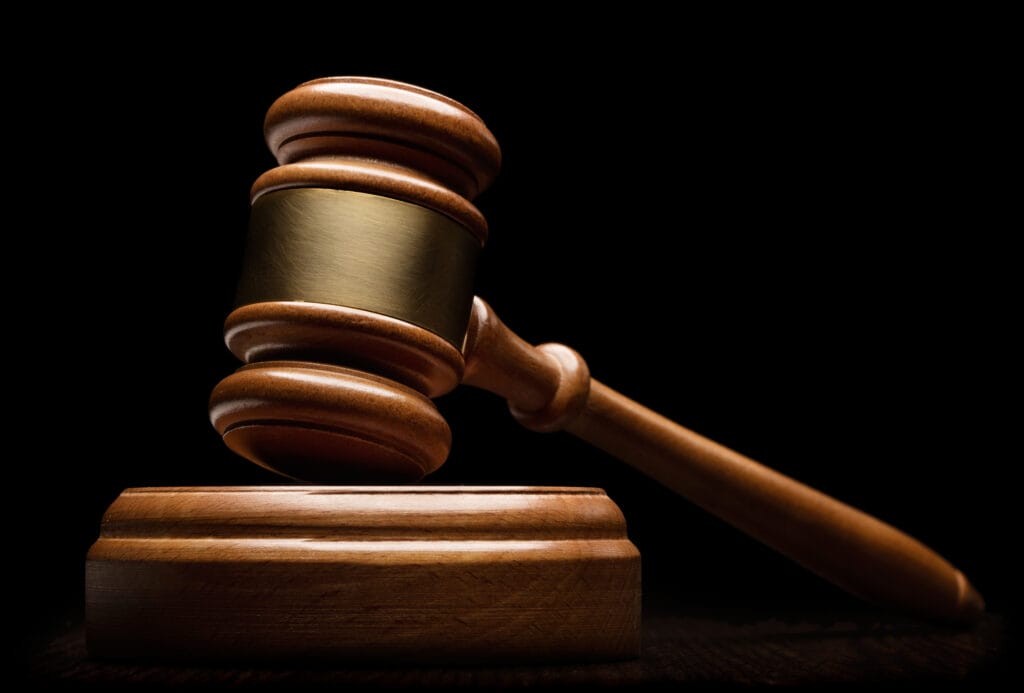You’ve Been Summoned
The jury trial process is an important cornerstone of the legal process in Canada. The reason is that juries, acting together as members of the community, give a voice to how our community views certain behaviors and how wrongdoing is addressed. But what does it mean to be summoned?
The Process
If you are on the provincial voter’s list in British Columbia, you are eligible to receive a jury summons.
The province will randomly select names from this list and send a letter, called a “Summons”, for the selected persons to attend the nearest Supreme Court courthouse on a specified day to report to jury selection.
If you receive a jury summons, you are required to attend at the time and place specified unless you fall under the exemptions that are laid out in the paperwork. Some exemptions include being under the age of 18, a lawyer, a police officer, or an employee of certain other government agencies.
Once you receive the jury summons, legally you must respond in one of two ways as soon as possible – by going online to the given website and completing your registration online or filling out the form attached to your summons and mailing it back in the provided envelope.
Do You Have to Attend?
You must respond whether you feel you are qualified or not to be a member of a jury, or whether or not you seek an exemption.
On the day of the jury selection, you and a group of other people summoned will be gathered, checked in, and given information by the courthouse sheriffs. The judge will then give some initial instructions on the process and will ask if you know any of the parties involved in the litigation – either civil or criminal, whether it’s the judge, a lawyer, a party, or any of the witnesses that are intended to be called.
Consideration
In groups of 10, jurors will randomly be selected and presented for consideration. This is the time to voice any hardship jury service will give you or if you know any of the people involved in the litigation. The remaining eligible jurors will either be accepted or dismissed based on the nature of the case and if selected, make an oath to do their duty. Once the correct amount of jurors are chosen, that jury panel will be given an opportunity to contact their family and employers, and then the trial will begin.
Trial
Once the trial begins, the jurors have a duty to listen to all evidence given throughout all aspects of the trial. After all of the evidence is presented, the presiding judge will direct the jurors on the law to be applied and the jurors will be asked to determine the facts that have been proven by the evidence presented. The jury will deliberate as a group and make an impartial, unbiased decision on a specific set of questions that have been provided by the judge.
After the answers have been provided to the judge, the jury will be dismissed and thanked for their service. The courtroom proceedings are public and may be discussed with anyone after the trial. However, the juror deliberations will be forever a secret a juror must keep confidential.
Being a member of this jury process is a privilege and an honour. It ensures that our community values are kept at the forefront of our justice system.
If you would like advice or for more information please contact one of the knowledgeable lawyers at Priddle Law Group. Call (250) 434-8911 or email to book a consultation.

